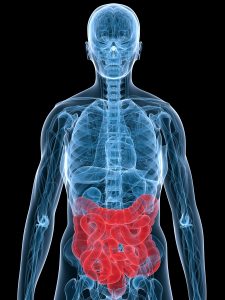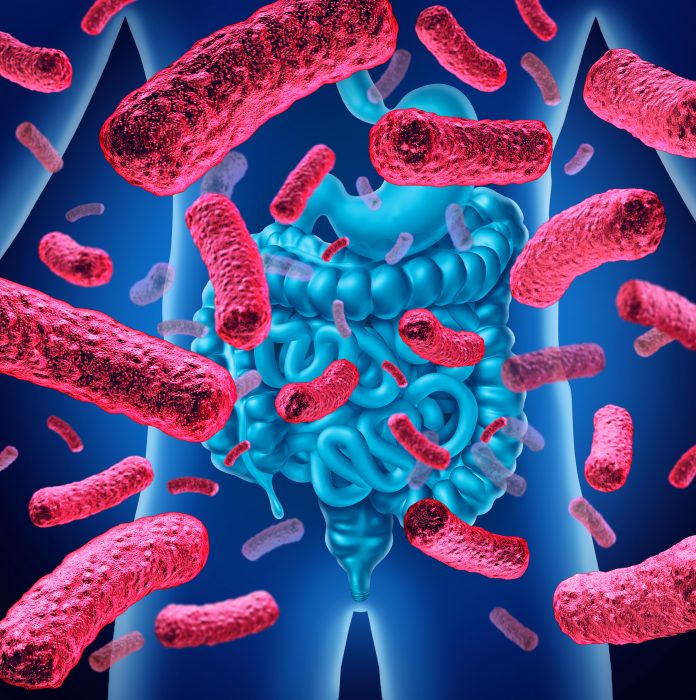With diet, medicines such as antibiotics, and even genetic makeup affecting our gastrointestinal health, maintaining a healthy microbiome can be something of a balancing act.

We’ve known for some time that Covid-19 can impact gut health, the microbiome, and other gastrointestinal functions. In one study, researchers examined people from multiple countries and found evidence indicating gut health prior to Covid-19 infection is an indicator of how severely Covid may impact an individual.
In Peru, one of the world’s most affected countries, close to one in 15 people with Covid-19 has died. However, in New Zealand, a country with one of the lowest Covid death rates, that figure is one in every 313 people with Covid.
In Japan, a country where almost one in three people are over 65 years old and yet the death rate from Covid-19 is 120 per one million cases, researchers set out to understand why the number of people dying from Covid-19 varies so significantly in different countries.
The researchers analysed the relationship between the intestinal bacteria present in 953 healthy people across 10 countries and the mortality rates of Covid-19 in those countries. The results showed that the common gut bacteria genus Collinsella was negatively correlated with the mortality rates of Covid-19.
Ana Valdes, Professor of Molecular and Genetic Epidemiology at the University of Nottingham in the UK, says gut bacteria may have a major effect on Covid outcomes.
“Severe Covid has been shown to be more common among people who have more of certain types of bacteria involved in breaking down and fermenting sugars,” she said.
“These microbes and their functions are also seen in people with high levels of inflammation and low levels of immune cells. This isn’t surprising as gut microbes are very important in regulating our immune response. Specifically, they’re crucial in making sure that the T cells that regulate the immune system (T regulatory cells) are properly activated.”
The study’s authors say it is the abundance of the bacteria Collinsella that coincides with protection from severe Covid. They note this is unusual because “in people from the US and the UK, Collinsella is actually linked to eating a diet low in vegetables and to higher levels of inflammation”.
The research team also found that people who had a better level of protection against severe Covid-19 seemed to have higher levels of a secondary bile acid, ursodeoxycholate, in their bodies
The gut microbiome of each person is unique, its composition varying according to age, genes, diet and environmental factors.
Besides a healthy diet, the use of prebiotics and probiotics to maintain or restore the gut microbiome before, during and after SARS-CoV-2 infection is shown in scientific literature to be beneficial.
By stimulating the development and growth of key microbes in the guts, prebiotics and probiotics can limit the gastrointestinal symptoms caused by Covid-19 and potentially limit the severity or even the occurrence of secondary infections.
While having a healthy diet accompanied by the use of probiotics may be an effective strategy, it shouldn’t be used to replace vaccination and official medical treatments, which remain the best way to protect ourselves from severe forms of Covid-19.
For more, and to read the feature in full as it appears in the March issue of Retail Pharmacy magazine, visit: retailpharmacymagazine.com.au/magazine/retail-pharmacy-march-2022/








